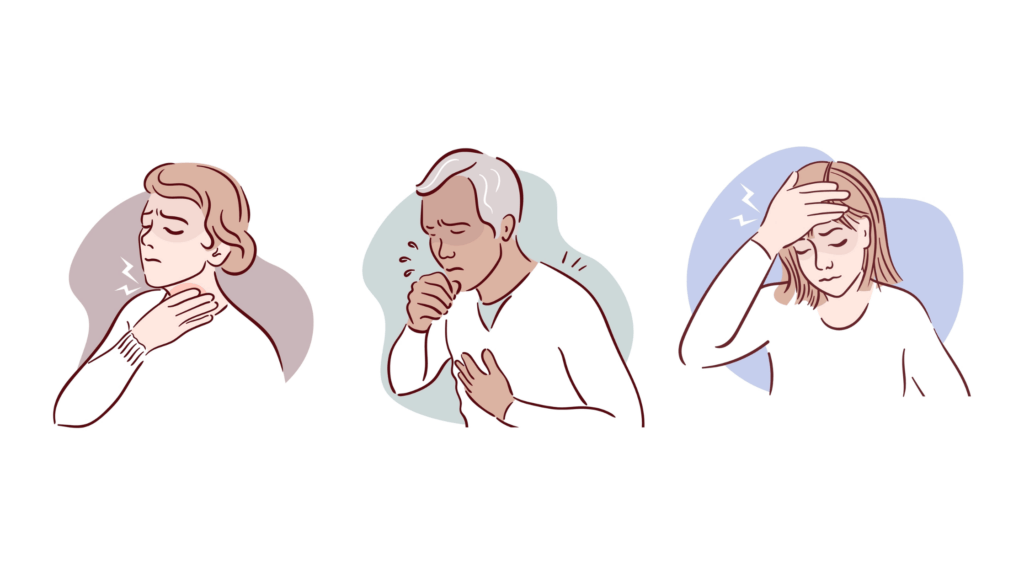The daily grind in the construction industry often brings a high physical and mental strain. Stress is a natural part of life, but when it becomes overwhelming and constant, it can lead to serious health problems. Unfortunately, many men in construction tend to bottle up their stress, viewing it as a burden they must carry alone. We will discuss the importance of seeking help when mental health issues arise and offer practical ways to manage stress before it becomes too much to handle.
The dark side of stress

In small doses, stress is beneficial for the body. It sharpens focus, boosts productivity, and even helps your immune system fight off illness. This is known as acute stress, which is short-term and manageable. However, when stress becomes chronic—lingering for weeks, months, or even years—it can take a significant toll on your body and mind.
Chronic stress leads to the constant release of stress hormones like cortisol and adrenaline. While these hormones are helpful in emergencies, prolonged exposure can wreak havoc on your health. Chronic stress has been linked to serious conditions such as heart disease, diabetes, obesity, and mental health disorders like depression and anxiety. It can also weaken your immune system, making you more susceptible to illness. For men in construction, who often face physically demanding work conditions, the impact of chronic stress can be even more damaging.
The stress response in men and women
Men and women experience and respond to stress differently. Men are more likely to engage in a “fight-or-flight” response, meaning they either confront the stressor head-on or try to escape it. This response is deeply rooted in biology and is driven by the release of adrenaline and cortisol.
On the other hand, women are more likely to engage in what’s known as the “tend-and-befriend” response. This involves nurturing behavior and seeking social support to manage stress. Research suggests that these differences are partly due to hormonal variations. Men have higher levels of testosterone, which fuels aggression and the fight-or-flight response, while women have more oxytocin, which promotes bonding and social interaction.
These differences can influence how stress is managed. Men might be more inclined to internalize their stress, often viewing it as a challenge to be faced alone. Women may be more open to discussing their feelings and seeking help from others. Recognizing these patterns can help men understand the importance of reaching out for support when stress becomes overwhelming.
Stress in construction
The construction industry is one of the most stressful sectors in which to work. Workers often face tight deadlines, long hours, and physically demanding tasks in hazardous environments. The pressure to perform and meet expectations can be intense. Financial stress, job insecurity, and the constant need to stay vigilant on the job site add to the overall burden.
But stress doesn’t stop when the workday ends. Many men in construction also deal with stress at home, whether from family responsibilities, financial pressures, or personal issues. This constant exposure to stress, both on and off the job, can lead to burnout, physical exhaustion, and mental health struggles if not properly managed.
The numbers don’t lie
The statistics on men and mental health are sobering.
- The ADAA states that nearly 1 in 10 men experience some form of depression or anxiety, but less than half seek treatment.
- Nearly 1 million men in Canada experience depression each year, yet many go untreated.
- On average, approximately 4,000 Canadians take their own life each year; of those suicides, 75% are men.
- The construction industry has one of the highest suicide rates of any profession, with male construction workers being four times more likely to die by suicide than the general population.
These numbers highlight the importance of breaking down the stigma around mental health, especially among men in high-stress jobs like construction. Seeking help is not a sign of weakness; it’s a necessary step toward maintaining overall health and well-being.
How men can effectively deal with mental health struggles

Physical activity
One of the most effective ways to manage stress is through physical activity. Exercise helps to release endorphins, which are natural mood boosters. For construction workers, incorporating additional physical activities that they enjoy—like jogging, swimming, or even just taking a brisk walk—can provide a mental break and help reduce stress.
Meditation or self-reflection
Taking a few minutes each day for meditation or self-reflection can help calm the mind and reduce stress. These practices allow you to focus on the present moment, clear your thoughts, and gain perspective on the challenges you’re facing.
Deep breathing
Deep breathing exercises are simple yet powerful tools for managing stress. When you feel overwhelmed, taking a few deep breaths can help slow your heart rate, calm your nerves, and bring a sense of peace. Best of all, this technique is easy to practice anywhere.
Seek quiet
Finding quiet moments in a noisy and chaotic environment like a construction site can be incredibly beneficial. Taking a few minutes to step away from the noise and chaos allows you to recharge mentally. Whether during a break at work or in a quiet space at home, these moments of solitude can help you reset and manage stress more effectively.
Turn to a professional
While self-care practices are important, they may not always be enough. If stress becomes unmanageable or starts affecting your daily life, seeking professional help is crucial. Whether talking to a therapist, counselor, or even your primary care doctor, getting support from a professional can provide the tools and guidance you need to cope with stress and improve your mental health.
Bottom line
Stress is an inevitable part of life, especially in high-pressure jobs like construction. While some stress can be beneficial, chronic stress can have serious consequences for both physical and mental health. For men in the construction industry, the pressures of the job, combined with societal expectations to “man up” and deal with stress alone, can make it challenging to seek help.
But the truth is, no one should have to face stress alone. Seeking help is not a sign of weakness; it’s a sign of strength and self-awareness. By recognizing the signs of chronic stress, adopting healthy coping mechanisms, and reaching out for support when needed, men in construction can protect their mental health and lead healthier, more fulfilling lives. Remember, taking care of your mental health is just as important as your physical health—both are essential to living well.


